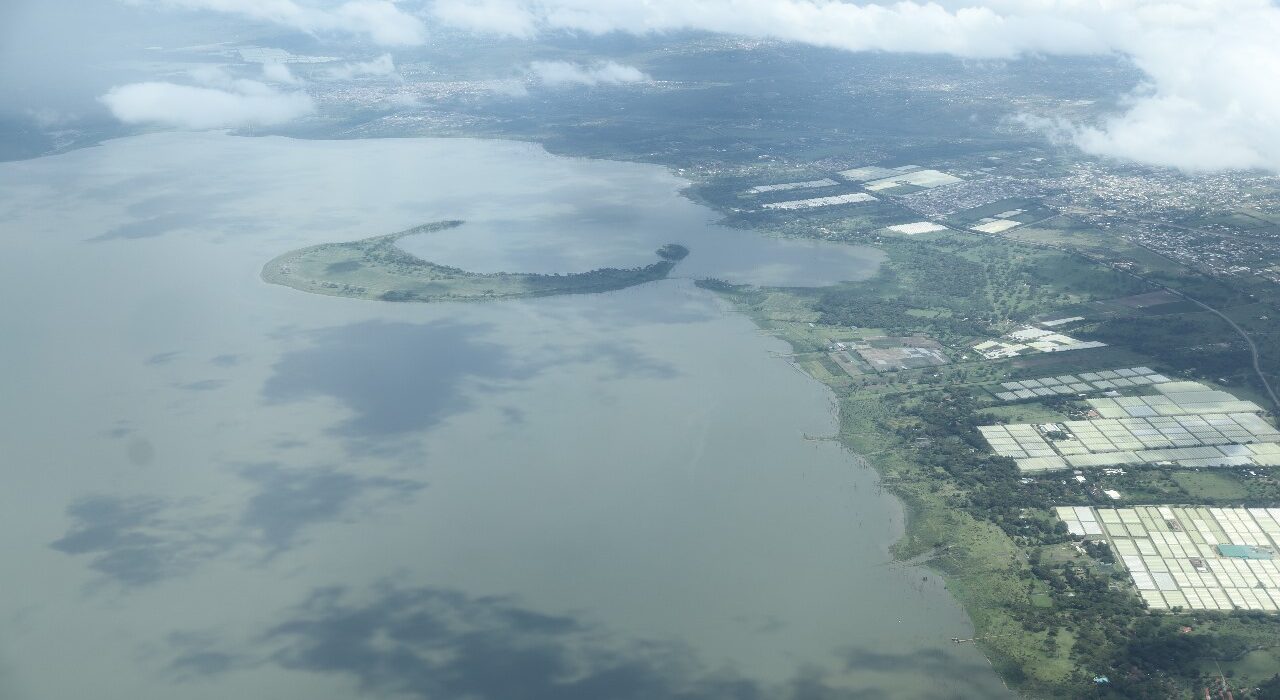BY GREENCOMMS CORRESPONDENT
Kenya heads to the United Nations Climate Change Conference (COP28) this week, riding on a crest of increased global influence on climate action which has, however, lately been sullied by a major domestic backlash for its underwhelming response to the El Nino phenomenon currently pummeling the country.
The deluge has left a trail of misery and pain in its wake, with scores of Kenyans dead, thousands of families displaced, and property, including vital infrastructure destroyed by floods.
This week, President William Samoei Ruto leads a high-powered Kenyan multi-sectoral delegation to the COP28 in Dubai, which includes the team that successfully delivered the highly acclaimed African Climate Summit held in Nairobi in September 2023.
Since taking office, President Ruto has seen his profile soar significantly, exhibiting more assertiveness in global climate action discourse and unrelentingly pushing for a more Afrocentric response to the debt burden that is choking Africa’s quest for development.
COP 28 will take place from 30 November until 12 December 2023, with pre-session events taking place from November 24th to 29th.
As is the norm in such events, there will be side events, running concurrently with the World Climate Summit for Heads of State and Government.
COP28 is billed as the defining moment for global climate action. It is expected to culminate in more decisive actions in the realms of climate action financing, promotion of sustainable and climate-resilient development, decarbonization of industrial production, advocacy for use of renewable energy, all seem directed at fulfilling the aspirations of the Paris Agreement of 2015.
It comes as the globe continues to reel from the impacts of climate change in the form of unprecedented floods, prolonged droughts, wildfires, and storms.
This is the predicament Kenya finds itself in. After initial predictions by the weatherman pointed to a looming El Nino, this was watered down by what can only be described as State faux pau.
The Government declared that the predicted El Nino would not materialize, after all. But just weeks down the line, the deluge commenced.
Storms and torrential rains almost across the entire country have left large swathes flooded, populations displaced from their homes and dwellings, key roads cut off, grounding transport.
As this unnerving scenario continued to unfold, the Government – both National and County – seemed to have been caught off guard, and left floundering.
It took a heated exchange between the Council of Governors and Deputy President Rigathi Gachagua over the supposed allocation of emergency funds to enable counties to respond to the devastation occasioned by the El Nino deluge.
It is the acrimonious nature of this engagement, and the need to show his Government had not left Kenyans own in the face of the pain, damage, and hopelessness meted out by El Nino that President Ruto summoned his cabinet to a special meeting on Monday, November 27th, 2023 “to deliberate on the mitigation measures to the heavy rains in the country”.
The highlight of the Cabinet meeting was the approval of the Sh7 billion for El Nino Crisis Response.
A dispatch from the State House, Nairobi stated that the heavy rains have already claimed 76 lives and displaced 35,000 households.
This turn of events which brings closer home, the unpredictability of climatic conditions as a result of Climate Change is a veritable learning curve that should reinforce Kenyan’s stand on the need to hasten mitigative measures to save populations from devastations associated with Climate Change.

